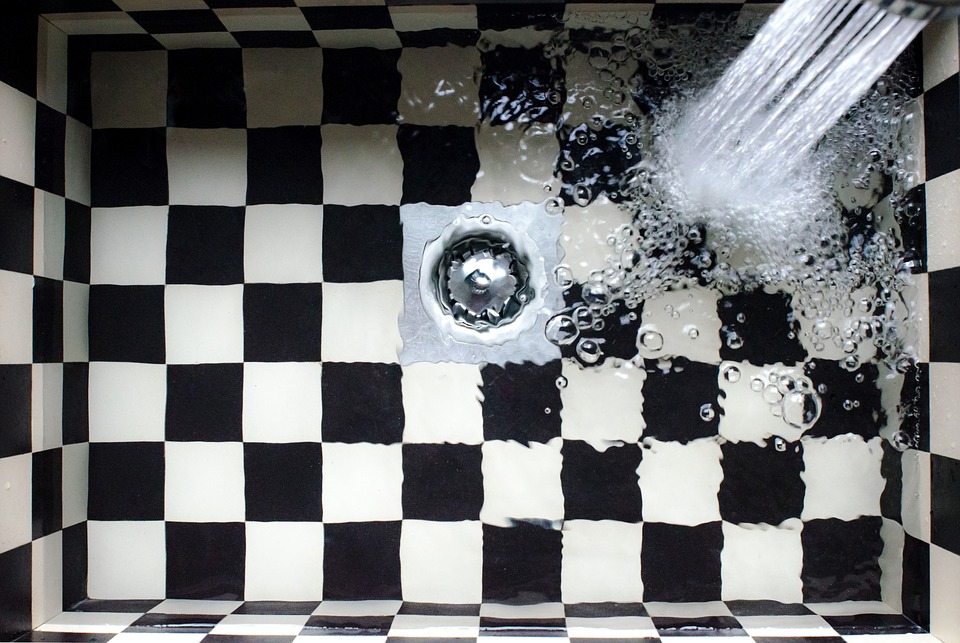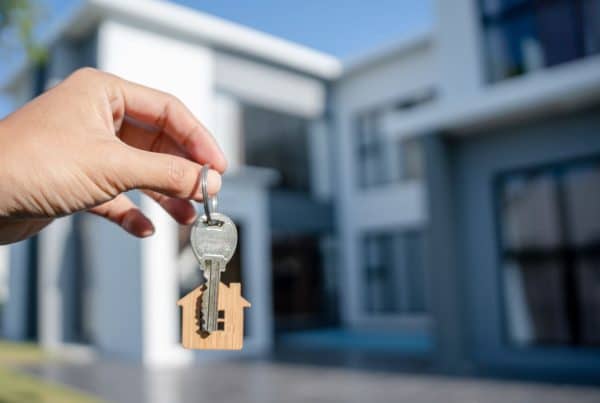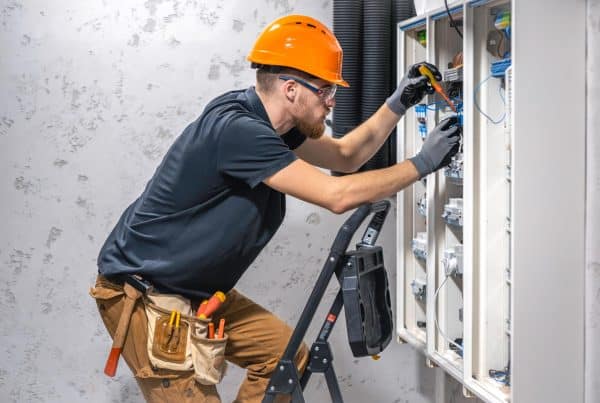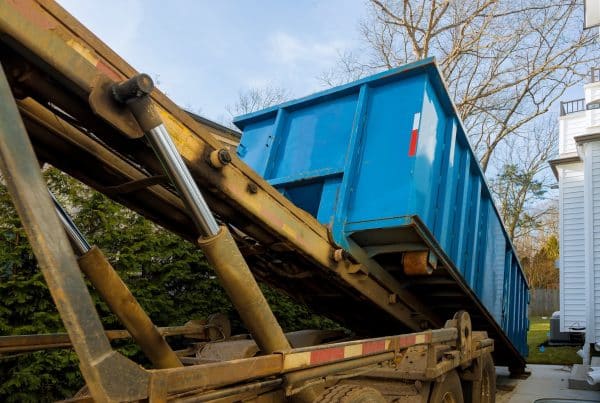The best way to maintain a drainage system and keep it free of issues is through prevention. You won’t have frequent, nasty clogs in your drains if you are careful about which items go down your drainage system. However, you’ll have recurring drainage issues if you put everything down your drain.
Keep your drains clean to maintain them in excellent condition and prevent clogging. Keeping the drain free of debris is as significant as keeping your bathroom and kitchen floors clean. If you leave residue on your drainage system, it can cause a foul smell, poor drainage leading to flooding water, and structural damage. These problems may need a plumber East London.
Some drains require more frequent upkeep than others. For example, the drains in your bathroom sink and bathtub are prone to clogs as they frequently have soap suds, hair, and toothpaste that can pile up and cause issues. Fortunately, you can do certain things to maintain a healthy drainage system.
1. Buy a Drain Guard
One of the common causes of blocked drains is hair. You often don’t notice as these sinister culprits fall out of your scalp as you shower. They may end up tangling against each other and blocking your drainage system.
The best solution for such a problem is buying a drain guard. This kitchen and small bathroom accessory prevents items from being flushed down your drain, ensuring a smooth water flow.
An excellent drain guard keeps debris out of your drain pipes and allows water to flow through them freely. You may have significant clogging in your pipes if you deploy an ineffective drain trap. This occurrence can cause an enormous mess and allow moisture to enter your house if you don’t resolve it quickly.
Keep the drain guard about an inch from your plug holes to limit the waste washed down your sink. Once it collects the debris, remove it, and throw it into the dustbin. These are super cheap to buy on the internet and can save a huge amount of money in repairs comments, James Durr of homebuyers, out in the UK Property Solvers.
2. Clean Gunk Regularly
Keep your drain clear and clean of clogs. While you can fix clogs using a plunger, they can cause severe damage if you disregard them. Inspect your drainage pipes for clogs and leaks. You may use a CCTV drain survey London to inspect parts you cannot see.
Once you know the issue, clean your pipes by removing the things blocking them, such as debris or leaves. You may use an auger or a plunger to remove the obstruction.
Clean the clogged drain pipe with a mix of white vinegar and dishwashing liquid. Dip a hose into the container, then run it through the drain pipe. Enzyme-based cleaners can help you clean your drainage system as they melt any grime or grease left by different types of wastes.
Carefully and slowly push down the plunger to the bottom of the drain after getting it and the hose through the clog blocking the drain pipe.
Repeat this process on the opposite side of the drain. Use your auger and pull up on your plunger to remove the clog.
You may require professional help if the problem is more significant.
3. Set the Proper Water Pressure
Setting the proper water pressure in your kitchen enables your drains to work more efficiently. The flow of water through your facet affects the pressure. Some faucets contain an adjustable setting that permits you to regulate the flow of water through the tank. The sink takes longer to drain if the flow rate is slow. It may also clog with debris if the flow rate is fast.
Allowing a lot of water to flow too quickly through your drain pipes can damage your drainage. Water pressure that is too high strains joints, valves, and pipes, leading to leaks and cracks. The recommended water pressure for houses is 80 PSI (pound-force per square inch).
4. Garbage Disposal
Clean your disposal after every 30 days – daily cleaning is advisable. Regular cleaning helps the machine and your drainage system. Pour dishwashing soap into the trash container, add warm water, and let the disposal machine run for a few seconds. Once you turn on the garbage disposal, allow water to flow down the drain for about a second before switching it off. If you are too busy for this exercise, you can call a plumber in East London to help you.
5. Washing Pets
If you love washing your pet, the hair that culminates around the plughole can make you hate this undertaking. However, you have to clean your pet. The silver lining is that this exercise doesn’t have to affect your drain’s health. Lay a washcloth over the drain to catch the pet’s hair that falls off and throw them in the garbage. You’ll reduce the animal hair that goes down your drain, preventing it from clogging.
6. Look for Signs of Drainage Issues
While your drainage issues may not be entirely noticeable until it is too late, you may notice some signs of a problem if you are observant. For example, you may spot signs of leaks, smell an awful odour from your drainage system, or notice water flows slower than its usual rate. You may also see wet patches on the surfaces along your drainage system. Fix these issues or call a plumber to help you if you identify signs of drain problems.
7. Allow Professionals to Do the Tough Work
Drainage problems can be stressful. The wet patches, foul smell, leaks, and slow flow rate can bother you for an extended period. Your attempts to fix these issues can cause more problems or offer temporary fixes. It may be best to ask professionals for help. These specialists use their training and experience to identify and fix the root cause of your drainage challenges.
Prevention and maintenance can ensure your drainage system remains in excellent condition. You may need frequent inspection and repair by professionals to ensure everything is in order.
You’ll protect your investment if your drainage is in excellent condition. Use these tips to extend the lifetime of your drainage system.








